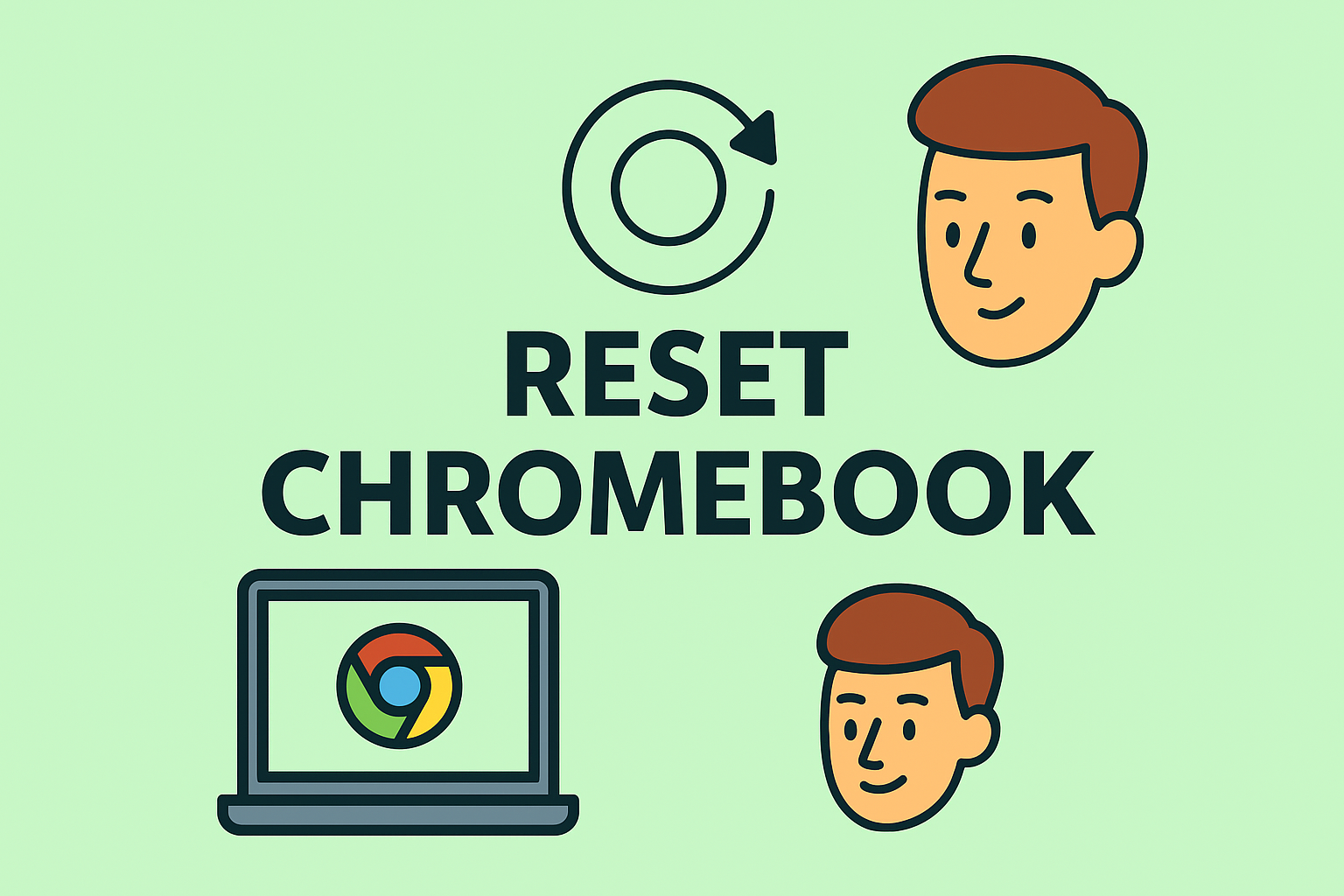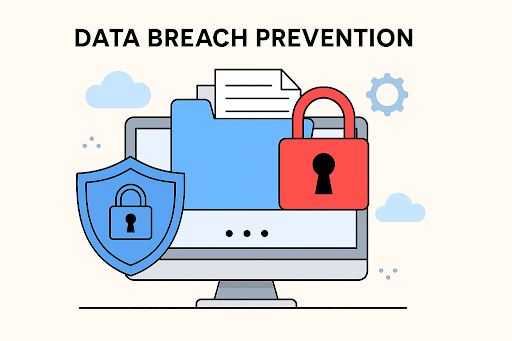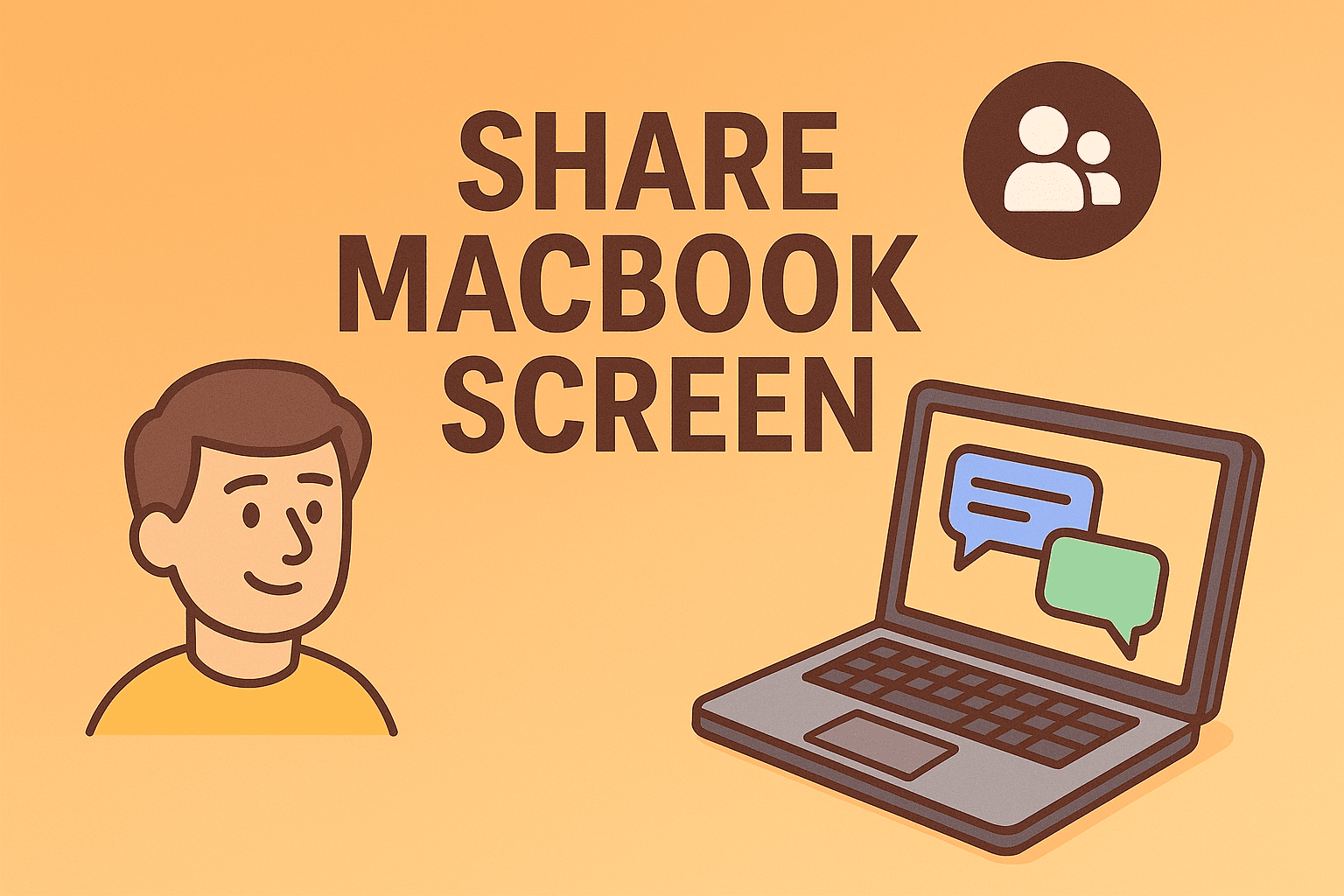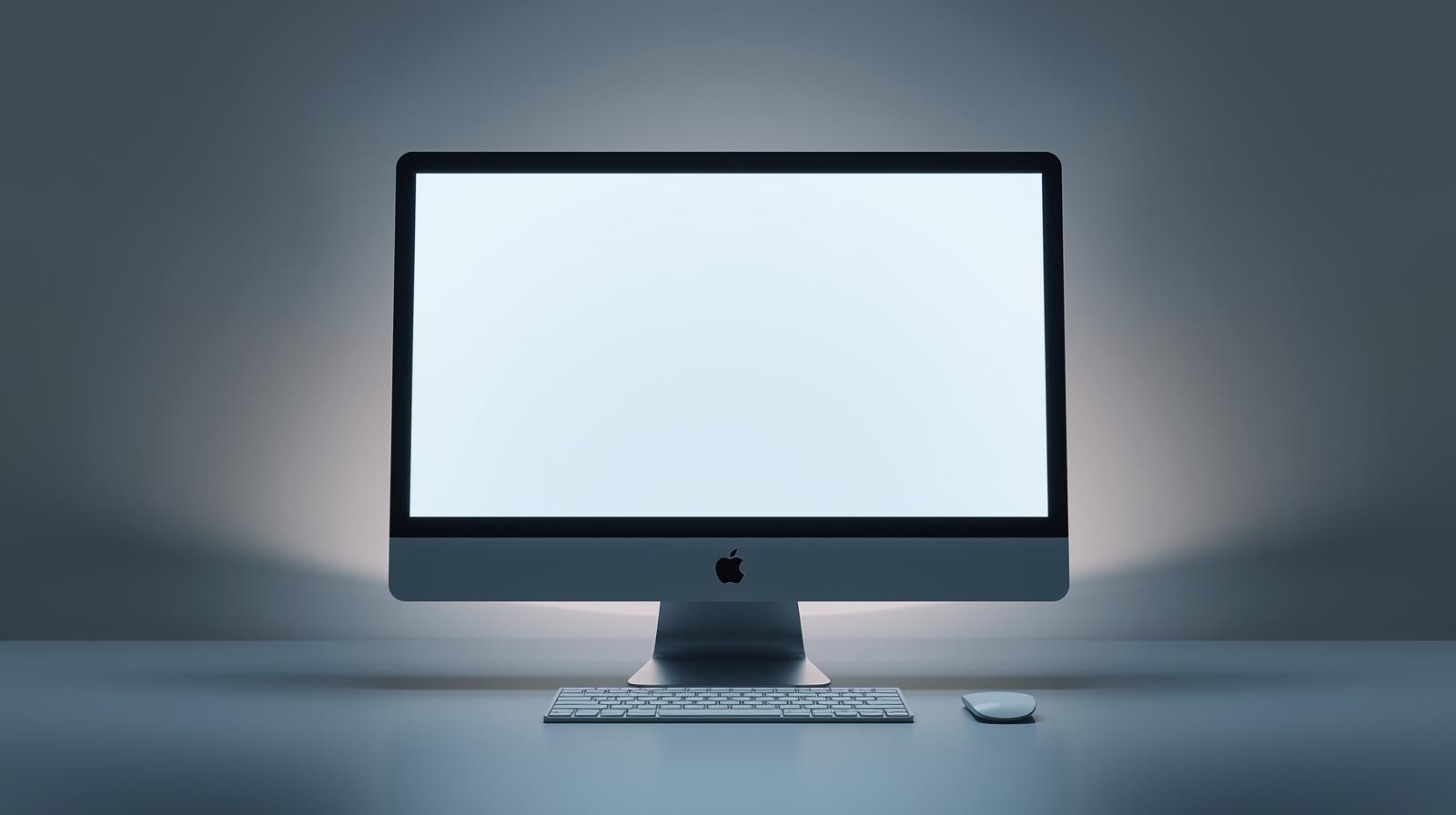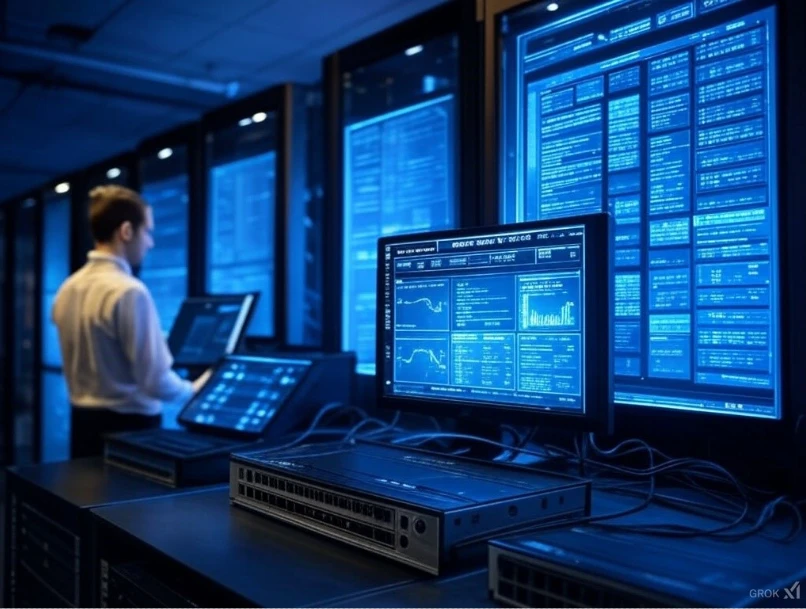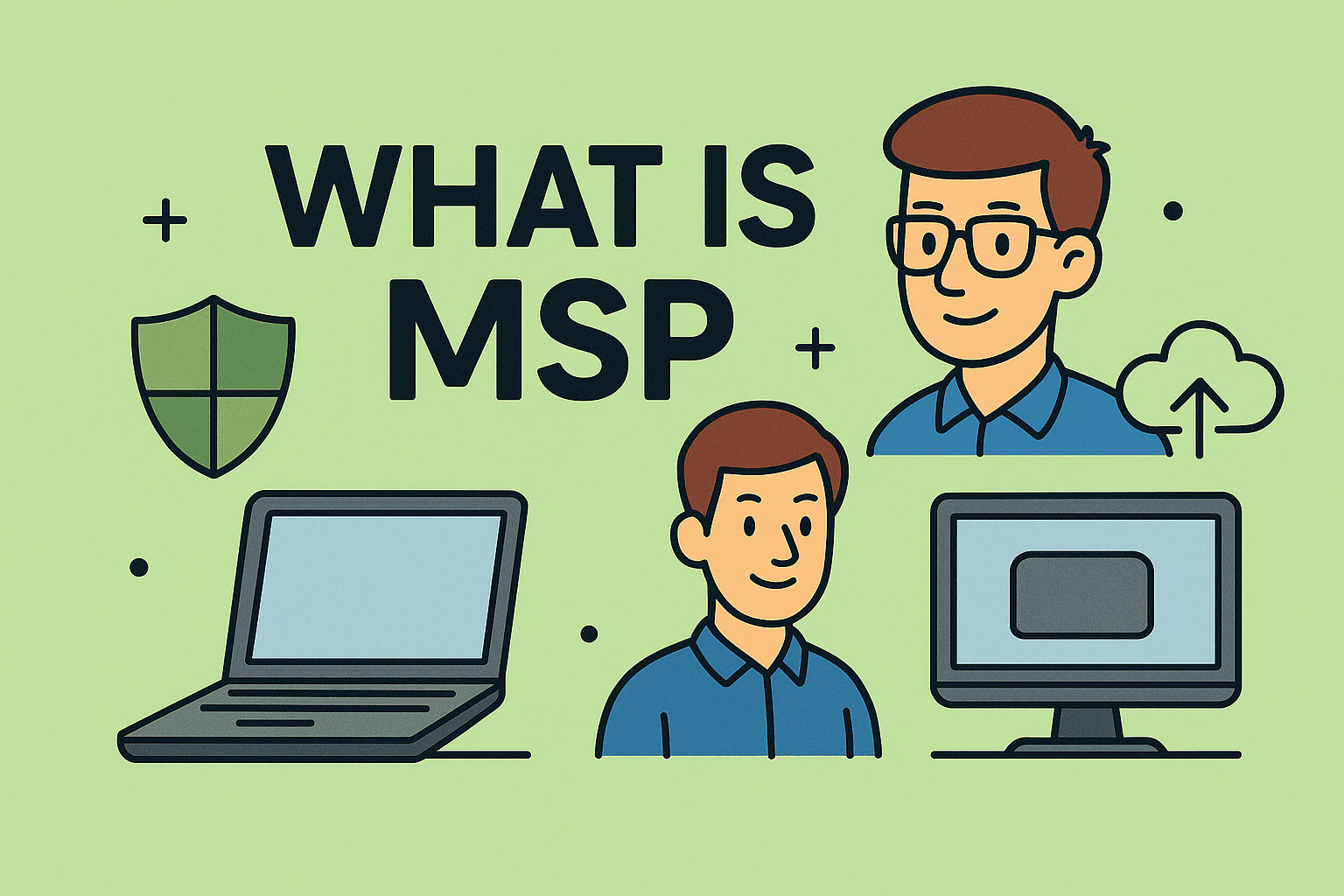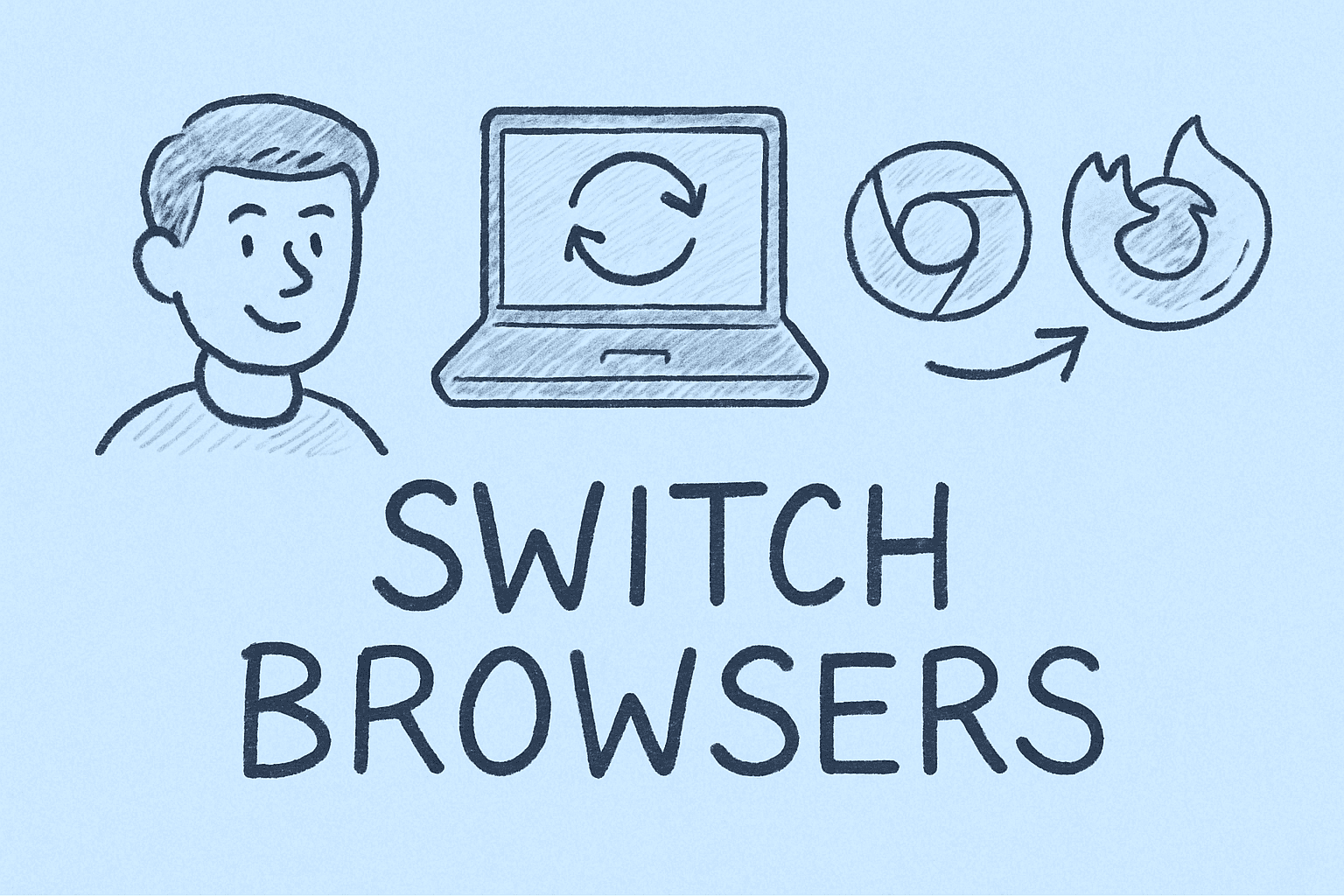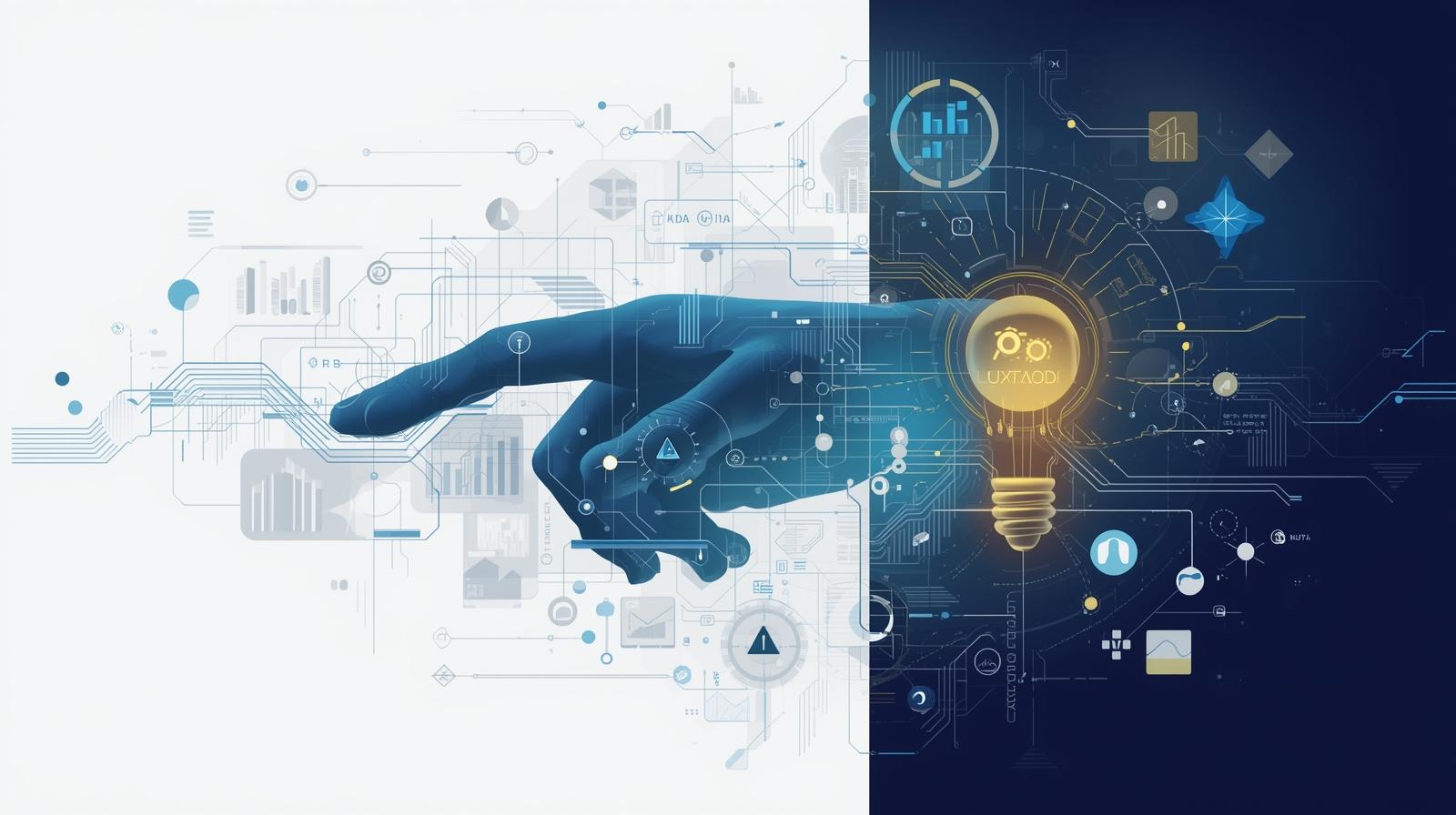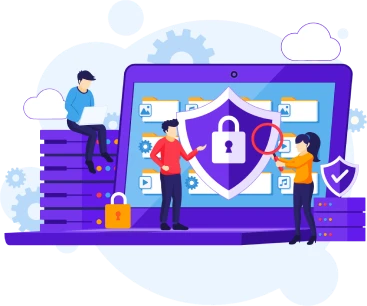Why Is My Computer Extremely Slow? Understanding Causes and Fixes
Updated on September 15, 2025, by ITarian
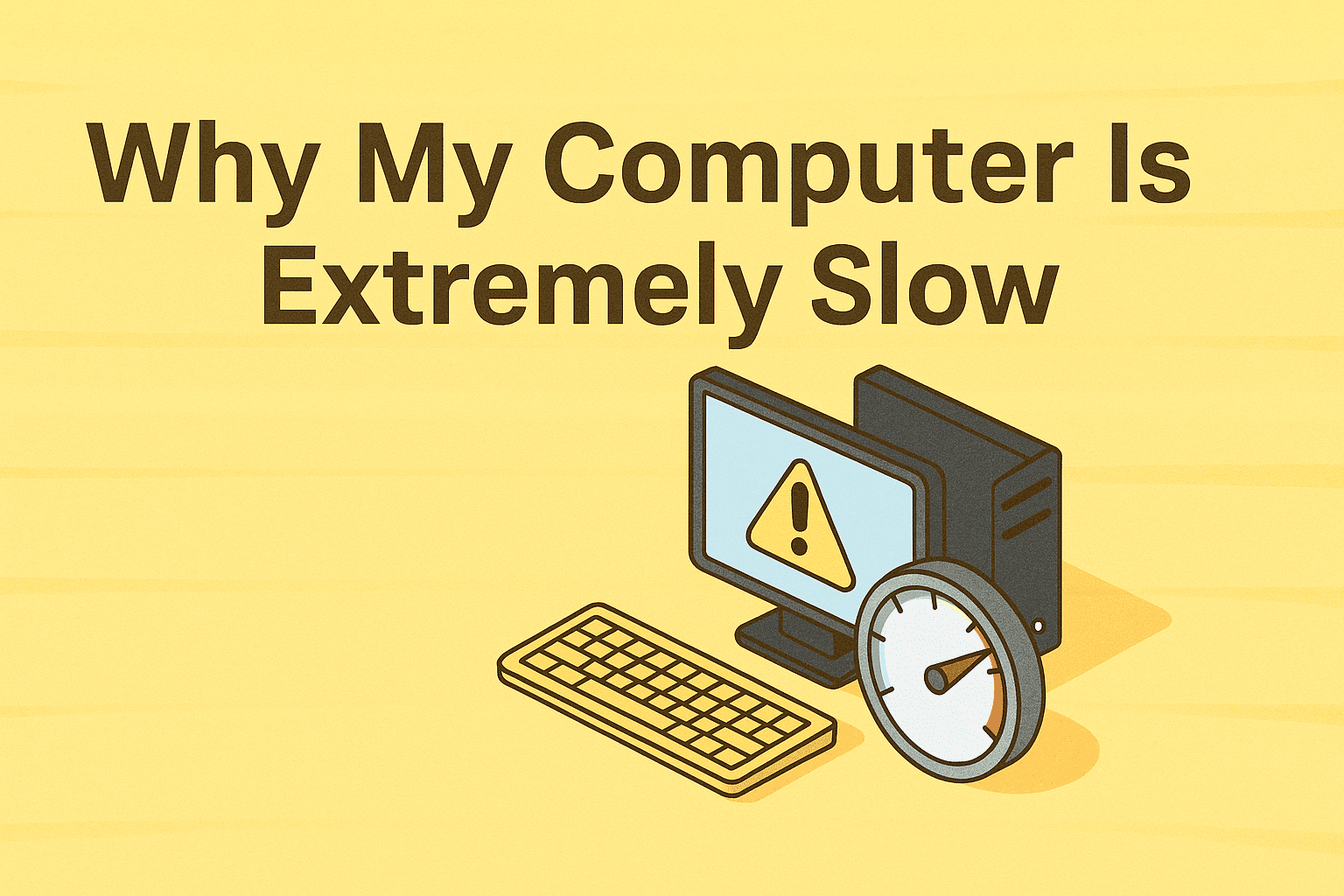
Have you ever asked yourself, “Why is my computer extremely slow?” If so, you’re not alone. A sluggish computer can disrupt productivity, frustrate IT managers, and even compromise business operations. For cybersecurity experts, CEOs, and industry professionals, computer performance is not just about speed—it’s about efficiency, security, and operational continuity.
In this article, we’ll break down the common reasons behind slow performance, offer practical fixes, and share insights tailored for both individual users and organizations. By the end, you’ll not only understand why your computer is extremely slow, but also how to ensure it runs at its best.
Common Reasons Why Your Computer Is Extremely Slow
Slow performance usually comes down to a mix of hardware, software, and security issues. Here are the leading culprits:
1. Too Many Background Programs
Applications running silently consume RAM and CPU resources, causing slowdowns.
2. Insufficient RAM or Outdated Hardware
If your computer has less than 8GB RAM, multitasking becomes harder. Older hard drives (HDDs) also slow down compared to solid-state drives (SSDs).
3. Malware or Viruses
Cybersecurity threats are a major factor. Malware consumes system resources, compromises security, and can slow devices to a crawl.
4. Operating System Updates
Outdated systems or pending updates can affect performance and introduce vulnerabilities.
5. Overheating
When hardware overheats, systems throttle performance to prevent damage.
Hardware Issues That Cause Slowness
Low RAM Capacity
- Minimum recommended for modern business use: 8GB
- Heavy applications like virtual machines or video editing: 16GB+
Storage Problems
- HDDs: Mechanical drives are much slower.
- SSDs: Faster read/write speeds drastically improve performance.
CPU Limitations
An older CPU may struggle with modern software.
Overheating and Dust Build-Up
Dust-clogged fans and poor ventilation lead to overheating, slowing down performance.
Software-Related Causes of Slowness
Too Many Startup Programs
Unnecessary apps that launch at startup cause delays.
Fragmented Files and Registry Errors (Windows)
Fragmentation slows access to files stored across your disk.
Browser Overload
Too many open tabs, extensions, or cached data can impact browsing speed.
Outdated Drivers
Graphic, audio, and network drivers directly impact performance.
Cybersecurity and Malware Concerns
For IT managers and security leaders, malware is one of the most common reasons computers slow down. Examples include:
- Spyware: Monitors activity, hogging resources.
- Ransomware: Encrypts files, crippling systems.
- Cryptojackers: Use CPU/GPU power for mining cryptocurrency.
Solution:
- Deploy Endpoint Detection & Response (EDR) tools.
- Schedule regular antivirus scans.
- Educate employees about phishing attacks.
Fixing a Slow Computer: Step-by-Step
Step 1: Run a Security Scan
Use trusted antivirus or endpoint protection to check for threats.
Step 2: Manage Startup Programs
- Windows: Ctrl + Shift + Esc → Task Manager → Startup tab.
- Mac: System Preferences → Users & Groups → Login Items.
Step 3: Free Up Disk Space
- Delete temporary files.
- Uninstall unused applications.
- Use built-in tools like Windows Disk Cleanup or macOS Storage Manager.
Step 4: Upgrade Hardware
- Add more RAM.
- Replace HDD with SSD.
Step 5: Optimize System Settings
- Update drivers.
- Keep OS updated.
- Adjust power settings for performance.
How IT Managers Can Address Organization-Wide Slowness
For enterprises, system slowdowns can disrupt entire workflows. IT teams should:
- Implement automated patch management.
- Use cloud-based monitoring tools.
- Establish cyber hygiene policies (limit unnecessary downloads, enforce updates).
- Maintain centralized backups for quick recovery.
Preventive Tips to Keep Your Computer Fast
- Regular Updates – OS, drivers, and applications.
- Use SSDs – Faster and more reliable than HDDs.
- Limit Background Apps – Disable unnecessary startup programs.
- Enable Scheduled Maintenance – Run antivirus, clean temp files weekly.
- Monitor System Health – Use Task Manager, Activity Monitor, or third-party tools.
Troubleshooting by Scenario
Scenario 1: Computer Slow After Boot
Cause: Too many startup apps.
Fix: Disable unneeded startup items.
Scenario 2: Slow Internet but Fast Computer
Cause: Network congestion or router issues.
Fix: Restart router, update network drivers, scan for malware.
Scenario 3: Slow During Video Calls
Cause: Limited bandwidth or outdated GPU drivers.
Fix: Close background apps, update drivers, check internet speed.
FAQs
Q1. Why is my computer extremely slow even with enough RAM?
Other issues like malware, outdated software, or storage bottlenecks could be the cause.
Q2. Should I replace my hard drive with an SSD?
Yes, SSDs significantly improve boot and load times.
Q3. Can antivirus slow down my PC?
Some traditional antivirus tools consume resources. Use lightweight security solutions designed for enterprise environments.
Q4. How often should I restart my computer?
At least once a week, to refresh memory and install updates.
Q5. What is the best way to check resource usage?
Windows: Task Manager.
Mac: Activity Monitor.
Final Thoughts
If you’ve been wondering “Why is my computer extremely slow?”, the answer lies in hardware, software, and cybersecurity factors. While simple fixes like disabling startup programs and upgrading to SSDs can help, businesses need a holistic approach—combining performance optimization with robust cybersecurity.
For IT leaders and CEOs, the takeaway is clear: a fast, secure, and well-maintained system enhances productivity and protects organizational assets.
Is your business struggling with slow systems that impact productivity? Secure and optimize your IT infrastructure with Itarian’s enterprise-grade solutions.


